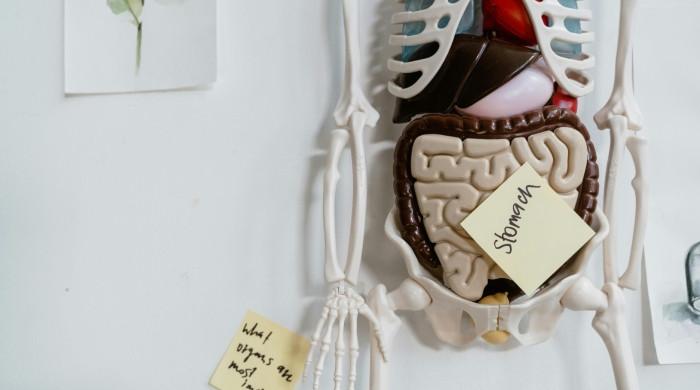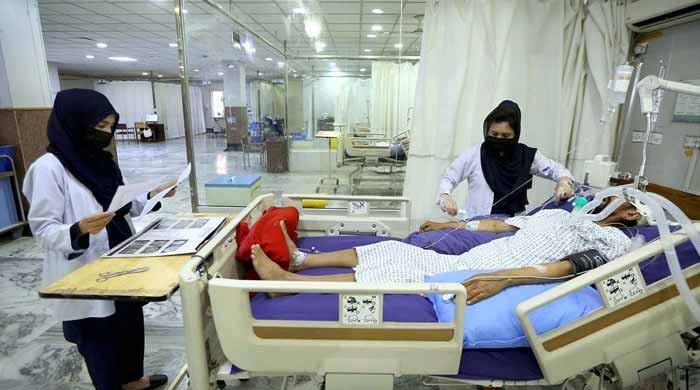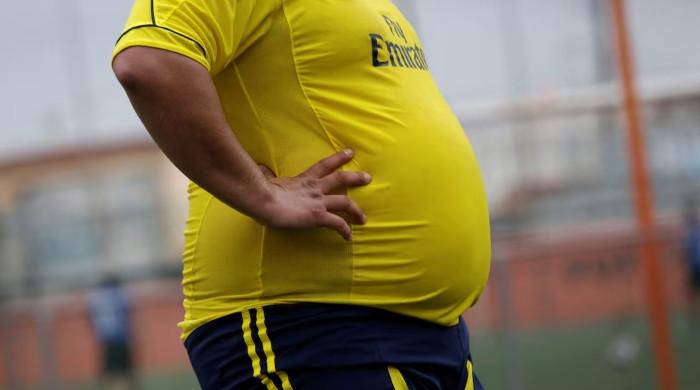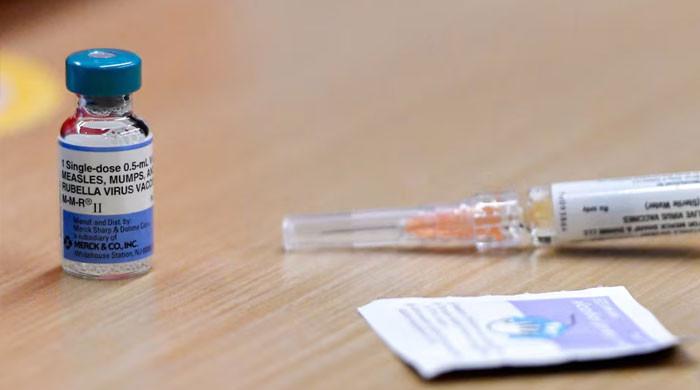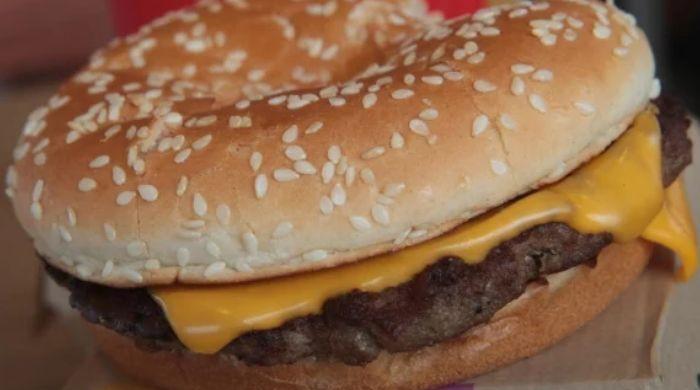Johnson & Johnson CEO testified Baby Powder was safe 13 days before FDA bombshell
On Friday, a day after getting the full FDA test results, J&J recalled 33,000 bottles of Baby Powder in the United States
October 23, 2019
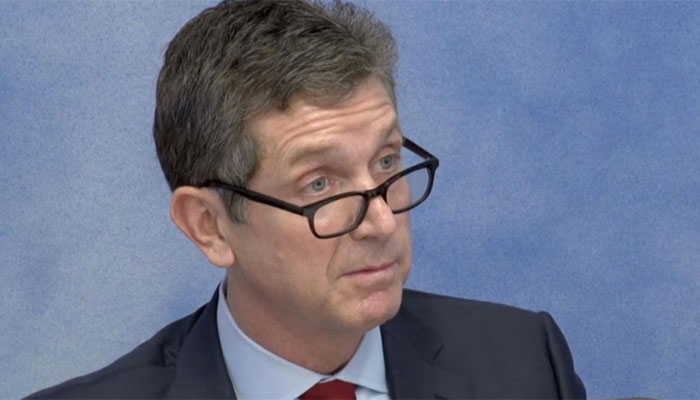
LOS ANGELES/NEW YORK: Facing off against a plaintiff’s lawyer for the first time about Johnson & Johnson’s Baby Powder, the company’s Chief Executive Alex Gorsky earlier this month insisted that the company’s iconic brand was safe.
“We unequivocally believe that our talc and our baby powder does not contain asbestos,” Gorsky testified in an Oct. 3 deposition in a case involving a retired Indiana college professor who alleges his cancer was caused by the Baby Powder he used for decades. The deposition has not been previously reported.
Gorsky, citing “thousands of tests and studies” to support his testimony, said: “I’m not aware of our baby powder or talc containing asbestos.”
That’s harder for him to say now. Last Wednesday, just 13 days after his deposition, the US Food and Drug Administration told the healthcare giant it had discovered asbestos, a known carcinogen, in a bottle of Johnson’s Baby Powder.
On Friday, a day after getting the full FDA test results, J&J recalled 33,000 bottles of Baby Powder in the United States. It marked the first time the company has recalled Baby Powder for possible asbestos contamination and the first time US regulators have announced finding asbestos in the product.
The recall is the latest blow to a healthcare conglomerate that has for many years tried to project an image as a caring company. It is now facing thousands of lawsuits over a variety of products, including legal action by more than 15,000 consumers claiming its talc powders caused their cancers.
Shares in J&J, which in February said it had received subpoenas from the US Justice Department and US Securities and Exchange Commission for documents related to the asbestos contamination allegations, dropped almost 6% on Friday after the recall was announced. The inquiries include a criminal grand jury investigation into how forthright J&J has been about the safety of its powders, according to people familiar with the matter.
In the deposition, Gorsky was pressed again and again to say - without qualification - that the company’s powders were asbestos free. But in answering questions under oath for the first time in the talc litigation, he stuck to his statement that he “believed” J&J’s powders were clean.
The FDA finding will make it much more difficult for Gorsky and the company to continue saying that they “believe” the talc powders are free from asbestos, said Elizabeth Burch, a product liability expert at the University of Georgia School of Law. She said the test result and recall lend credibility to what plaintiffs have been arguing in court for months.
J&J stands behind the safety of its talc and said it’s investigating the FDA test result. The company said it proceeded with the recall “out of an abundance of caution.”
In a statement on Sunday J&J said: “Thousands of tests over the past 40 years repeatedly confirm that our consumer talc products do not contain asbestos, including prior tests by the FDA as recently as last month.”
In a written response to questions from Reuters on Monday, J&J added that Gorsky had no knowledge of the FDA finding of asbestos at the time of his deposition.
The company also said the FDA notified it on Sept. 20 that a test of its Baby Powder did not find any asbestos. Neither had the regulator detected asbestos during testing in 2010 using the “most sophisticated testing techniques available.”
COULD BE DEPOSED AGAIN
Gorsky’s testimony echoed statements he made after Reuters on Dec. 14 last year published an investigation that found J&J knew for decades asbestos lurked in its talc.
Internal company records, trial testimony and other evidence show that from at least 1971 to the early 2000s, the company’s raw talc and finished powders sometimes tested positive for small amounts of asbestos, the Reuters investigation found. Company executives, mine managers, scientists, doctors and lawyers fretted over the problem and how to address it, while failing to disclose it to regulators or the public.
Jim Kramer, the lawyer who deposed Gorsky this month, said he plans to ask the New York state judge in the case to allow him to question the CEO a second time in light of the FDA’s findings and the recall.
J&J declined to comment on the possibility of a second round with Kramer or about its legal strategy following the FDA test result.
Gorsky faces at least one more deposition, this one ordered by a Missouri judge for Baby Powder cancer cases pending in that state. That has yet to be scheduled.






